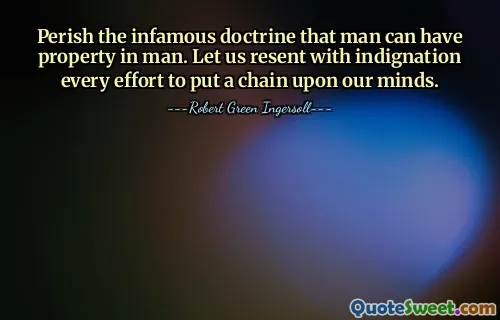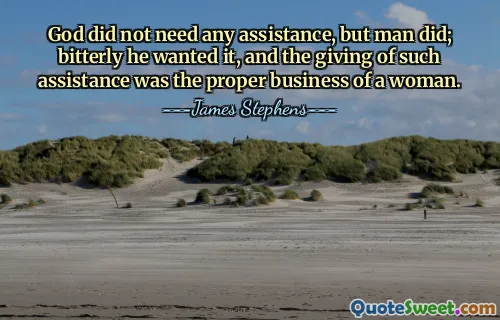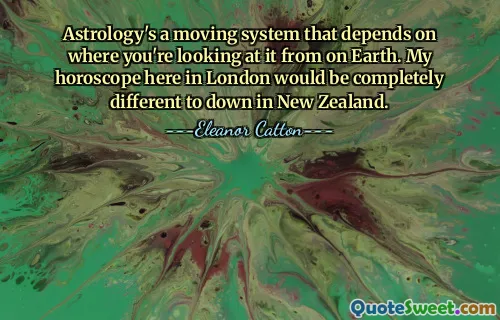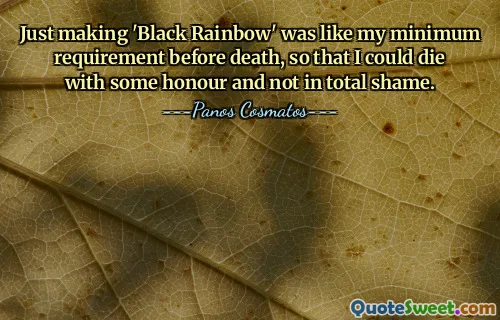
Simplicity comes at a cost; the rich can't stand for, forget affording.
This quote encapsulates a profound paradox in our society regarding simplicity and wealth. It suggests that simplicity, often seen as a virtue or desirable way of living, actually comes with its own set of challenges or sacrifices. Interestingly, it hints that wealthy individuals might struggle with embracing simplicity, not because they cannot afford it but because they cannot stand it. This could imply that for many rich people, simplicity might equate to a lack of status, excitement, or the complexities they are accustomed to. It also raises questions about what we truly value and why. Is simplicity truly more attainable for those with fewer resources, or is it a mindset? The quote pushes us to reflect on our relationship with material wealth and the pressures or privileges that come with it. It suggests that beyond financial capability, emotional and psychological readiness is crucial to embracing simplicity. This perspective encourages a deeper look at how social class influences lifestyle choices and the meaning we assign to simplicity. The idea that simplicity has a cost undermines the naive notion that living simply is inherently easy or cheap. It might involve sacrifices like giving up certain comforts, social expectations, or even identities built around wealth. Overall, this quote inspires a nuanced understanding of simplicity, reminding us that its value and cost are complex and deeply personal, shaped by societal roles and individual perspectives.











